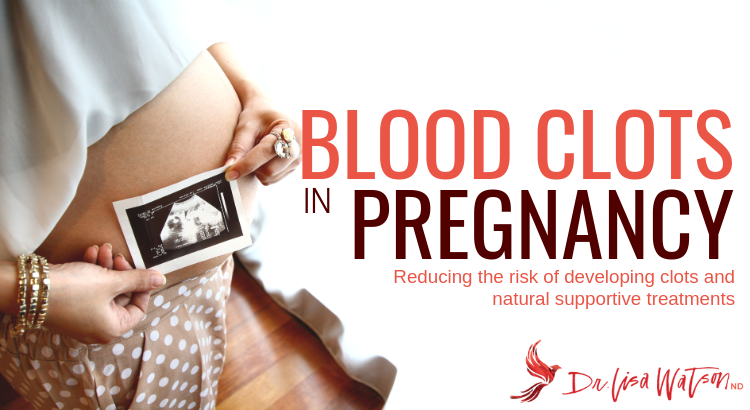
The risk of developing blood clots is increased during, and after, pregnancy. There are additional risk factors which may increase development of blood clots during pregnancy.
- A history of blood clots
- A genetic disposition to blood clots (such as Factor V Leiden)
- Obesity
- Long distance travel
- Prolonged bed rest
- Carrying multiple babies
- Advanced maternal age
- Pre-existing medical conditions.
If you are at risk for blood clots during pregnancy, there are some precautions you should take.
Common sense precautions that reduce the risk of clotting for all pregnant women
- Stay hydrated at all times.
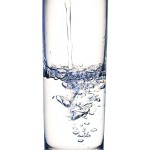
- If you must be sitting for a long period of time, elevate your feet. Even a little bit can take pressure off the backs of your thighs. Get up every hour or two and stretch, walk around, get your blood moving.
- Eat a healthy diet with plenty of protein, B-vitamins, folic acid, magnesium and salt. Everything you do to support a healthy blood volume will reduce the risk of abnormal clotting.
- Get appropriate amounts of vitamin C, vitamin E and essential fatty acids. Everything you do that promotes healthy blood vessels and tissues will reduce the risk of abnormal clotting.
- Don’t overdo calcium. Make sure that your calcium intake is appropriately balanced with magnesium. Too much calcium can impede placental function with calcifications and increase the tendency of blood to clot. When the balance tips in favor of calcium, the balance may also tip in favor of clotting. Get enough, but not too much.
- Get moderate exercise every day or every other day. Ideal exercises include walking, swimming, low-impact or water aerobics, basically any low-impact exercise that gets the blood moving and the muscles contracting. Exercise improves circulation, and anything you do that improves circulation will reduce the risk of abnormal clotting.
There are also some natural foods and remedies that can decrease the risk of clotting. Discuss these with your Naturopathic Doctor to determine if they are appropriate for you during your pregnancy.
Naturopathic Prevention of Blood Clots in Pregnancy
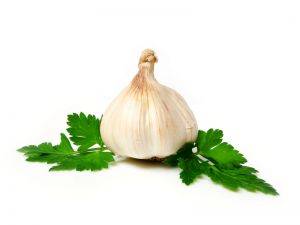 Garlic – garlic has a distinct and potent anticoagulant effect. It can be grated fresh onto quinoa or rice, made into garlic butter, added at the last minute to spaghetti sauce. Epidemiological studies have shown garlic to significantly increase serum fibrinolytic activity in humans (breaking down of clots and preventing clot formation). Garlic oil and raw garlic are both effective for this purpose. The increase in fibrinolysis occurs within the first 6 hours after ingestion and continues for up to 12 hours.
Garlic – garlic has a distinct and potent anticoagulant effect. It can be grated fresh onto quinoa or rice, made into garlic butter, added at the last minute to spaghetti sauce. Epidemiological studies have shown garlic to significantly increase serum fibrinolytic activity in humans (breaking down of clots and preventing clot formation). Garlic oil and raw garlic are both effective for this purpose. The increase in fibrinolysis occurs within the first 6 hours after ingestion and continues for up to 12 hours.- Ginger – similar to garlic and onion, ginger is an inhibitor of platelet aggregation. However, ginger’s effects have been shown to be much more powerful. Ginger inhibits thromboxane formation, pro-aggregatory prostaglandins and significantly reduces platelet lipid peroxide formation – all of which contribute to clot formation. In one study gingerol compounds and their derivatives were more potent antiplatelet agents than aspirin. In addition to acting on platelets, ginger also promotes fibrinolysis. Ginger promotes bile production and should not be used by those with gall bladder disease.
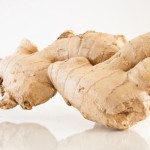
- Purple Grape Juice – juice because the juice is made from the whole fruit, including seeds, and the seeds contain potent anticoagulants as well. Purple because much of the anticoagulant action comes from components in the skins of purple grapes. White grape juice does NOT have the same effect. Use 100% grape, not a blend or cocktail. Two cups a day were used in one study that found purple grape juice to be more effective than aspirin.
- Ginkgo biloba – Ginkgo is a very potent anticoagulant. It reduces the “stickiness” of blood and improves circulation. For pregnant women it would only be advisable for those who have actually been diagnosed with a clotting disorder, and should only be used under supervision of a Naturopathic Doctor. Gingko exerts its cardiovascular effects by regulating blood vessel tone, dilating blood vessels and inhibiting platelet aggregation, adhesion and degranulation.
- Bilberry – well-known for its antioxidant properties, bilberry is also a cardioprotective herb that protects and strengthens the capillaries. The flavonoids in bilberry (anthocyanosides) also have significant antiaggregation effects on platelets.
 B vitamins and folic acid – B vitamins (especially B6, B12 and inositol) and folic acid decrease homocysteine levels. Elevated homocysteine levels increase the risk of clot formation. Pregnancy increases the body’s demands for B vitamins and folic acid. Likewise, birth control pills tend to deplete the body of these nutrients.
B vitamins and folic acid – B vitamins (especially B6, B12 and inositol) and folic acid decrease homocysteine levels. Elevated homocysteine levels increase the risk of clot formation. Pregnancy increases the body’s demands for B vitamins and folic acid. Likewise, birth control pills tend to deplete the body of these nutrients.- Omega 3 fatty acids or fish oils – fish oils decrease production of clot forming substances and enhance the production of platelet anti-aggregatory substances. These action play an important role in decreasing inflammation and clot formation. EPA supplementation is most important for preventing clot formation (thrombosis).
Disclaimer
The advice provided in this article is for informational purposes only. It is meant to augment and not replace consultation with a licensed health care provider. Consultation with a Naturopathic Doctor or other primary care provider is recommended for anyone suffering from a health problem.


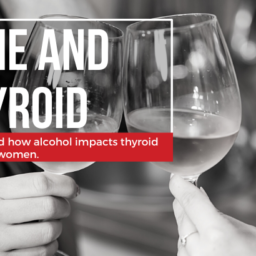

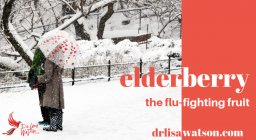
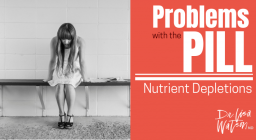
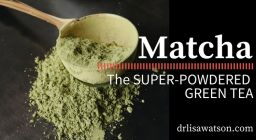

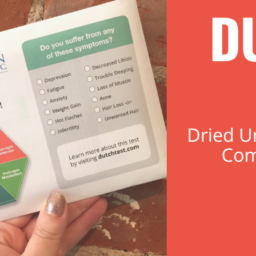
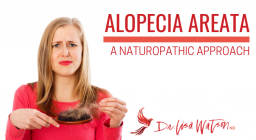
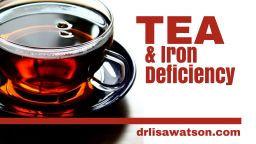


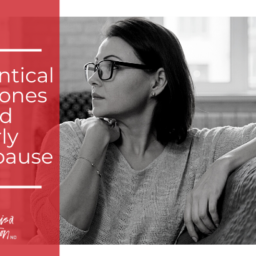

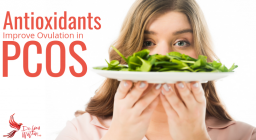
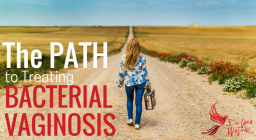
You are so smart. And amazing. I love you, Dr. Lis Watson!
Great article! Informative and digestible (literally;)
Thank you for this posting! An endless supply of a wealth of knowledge.